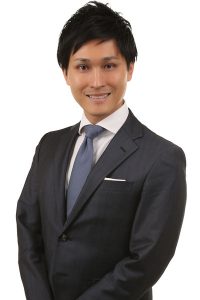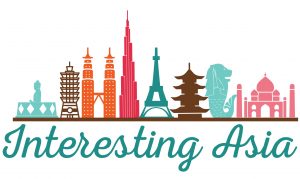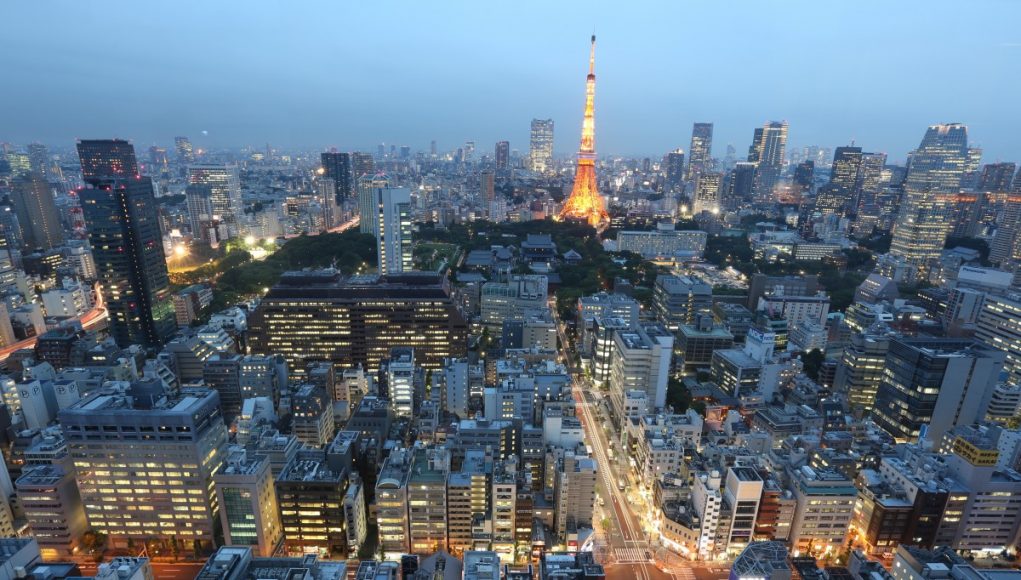Japanese real estate investment has become more interesting in recent years. Markets in Southeast Asia offer the lure of high yields, countries like Vietnam, the Philippines and Thailand are all prone to some amount of risk. Meanwhile, with the impact of Brexit and the presidency of Donald Trump have left these safe haven markets in a state of limbo.
This is why some investors have begun turning their attention to Japan, a market with no political volatility and a proven ability to bounce back after turbulent events. The Japanese real estate market has managed to recover after the 90s bubble collapse, the global financial crisis and the massive 2011 earthquake.
The country also offers something emerging markets don’t have, a large, developed economy. Additionally, tourism is rapidly expanding in Japan with Tokyo among the most visited cities in the world. And with the Japanese government looking to allow more foreign workers into the country, real estate investment in cities like Tokyo could be a shrewd play.
In fact, the only thing stopping more property investors from entering the country has nothing to do with the performance of the market itself.
“The biggest thing deterring people from buying Japanese real estate is the language barrier,” Sato Tsutomu, Managing Director of HJ Real Estate, explained. “It can cause some complications in the process, but it is easy to overcome with the help of an expert. There are also considerations you will need to be aware of when it comes to financing and capital gains tax, but the process of buying real estate in Japan is straightforward and transparent.”
Unlike some markets where ownership rules regarding international buyers can be complex, there are no regulations or restrictions when it comes to non-resident ownership of property in Japan.
“Japan offers freehold ownership for international clientele and your name will be shown on the title deed,” Sato said. “And unlike Hong Kong, Singapore and Australia, where buyers from abroad are hit with a stamp duty tax, international owners are not obliged to pay any additional taxes when buying Japanese real estate.”
Japanese real estate investment not as expensive as you might think

Another advantage Japan has on those markets is price. While property in the country is not cheap when compared to developing markets like Vietnam, Thailand and Indonesia, it does cost significantly less than in Hong Kong or Singapore.
“Housing in central Tokyo can cost the third of a similar unit in Singapore and this is something interesting to buyers,” Sato noted. “International investors are also attracted to Japan because of the weaker yen which helps make property prices reasonable.”
Another factor working in Japan’s favour is domestic demand. Whereas London is now overly dependent on foreign demand, there is still strong domestic demand in Tokyo. This is something that is important for a healthy residential market.
“Nearly 50 percent of the population in Japan are renters and renting is not necessarily something that is seen as being negative,” Sato pointed out. “Many people in the country work for larger corporations and move every three-to-five years. This means it isn’t always practical to own a home and ensures the rental market is solid.”
Investors also entering Japan
Of course, not all buyers are doing so for investment purposes. A growing number are purchasing Japanese properties for use as a holiday or retirement home since the prices are competitive at the moment. There are also more and more parents from overseas sending their children to study abroad in the country while buying housing for the kids to use during schooling at the same time.
“Japan has good schools and is safe, but it is also closer than sending children to study in the US or UK,” Sato reported. “More exchange students are coming to Japan from South Korea, China and Southeast Asia and their parents believe purchasing a unit for their child to live in makes sense.”
This new wave of buying isn’t limited to individuals looking to purchase single units. Institutional investors are acquiring housing portfolios with others looking at the senior housing, office, retail and hospitality sectors in Japan. CapitaLand spent USD440 million on two office buildings in Yokohama, along with the Kokugikan Front office block and Seiyu & Sundrug mall in Tokyo. Meanwhile, Chinese insurer Anbang was said to be in talks to acquire USD2.3 billion in Japanese residential property assets from private equity firm Blackstone in 2017.
Sato also revealed that several foreign developers are entering Japan. They believe there is a niche to bring more of an international standard to the country’s market that has long been dominated by domestic firms.
“You’re seeing several developers from Singapore work on projects throughout the country in both the residential and hospitality sectors,” Sato said. “Places like Kyoto and Okinawa are popular for hotels and resorts while there has also been some interest in Osaka with the government approving gambling and allowing for integrated resorts in this area.”


































